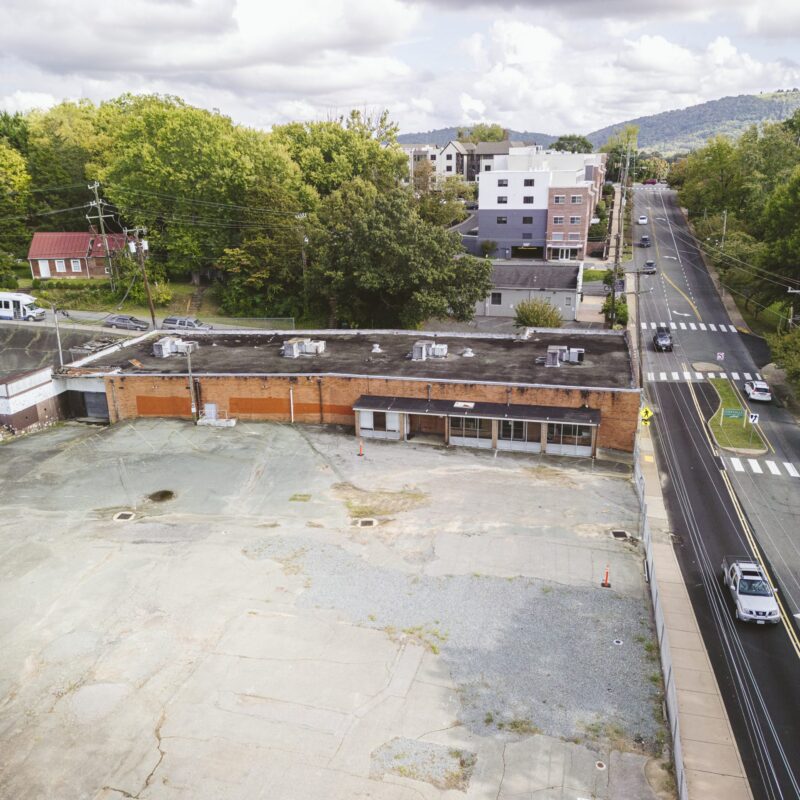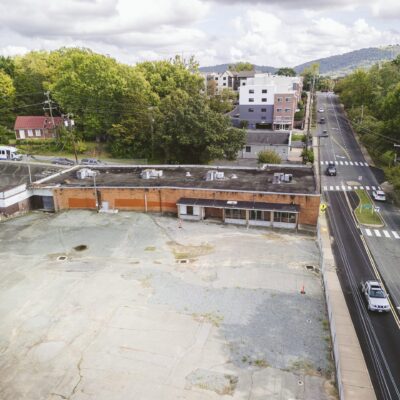So this is interesting. Chris Schooley, who was a leader in Stonehaus’s big Belvedere project, goes on the record saying that LEED is not a good program for developers to sign onto.
The interview is posted on a new blog by Brant Meyer, a local development consultant. Background: Schooley and his former compatriots at Stonehaus (he recently left to start his own business) did a whole lot of talking over the last couple of years about how Belvedere, a multi-hundred-unit development off Rio Road East, was going to be a super-awesome sustainable community on account of its buildings would be EarthCraft-certified and because, as a whole, it was part of the LEED Neighborhood Development Pilot Program. So not only would the houses sport no-VOC paint, but the whole thing, with its on-site organic farm and walkable layout, was supposed to make it easier for residents to leave a smaller footprint.

I’ve written about Belvedere several times (here, here, and here) and, I think, in each case showed a certain amount of skepticism that production building could really find a comfortable marriage with low-impact living. Mainly it was the stylistic clash that always struck me ("Hippies buying into suburbia?"). Now that Schooley is out on his own, he speaks freely about a different problem: From a developer’s standpoint, he says, LEED is tough to actually implement. For one thing, costs can get out of control, Schooley complains, because people in the industry are still getting used to green building and have trouble estimating what things will cost.
Also, it’s more complicated to design, and people don’t always want to pay the premium for an efficient house. Schooley thinks developers should just talk up some green goals of their own, instead of signing on for the rigors of LEED.
And here’s what I think: LEED should be not a voluntary program that you get to sign up for only if you think it will make selling houses easier. It should be code. For years, developers have been gobbling open space, silting streams, causing erosion and building cheap and inefficient houses. All of us now face serious problems as a result. Is it possible to integrate an environmental commitment into a business model? When it comes to development, I don’t know, but I know I’m tired of harmful growth being treated as inevitable.
What do you think? Should developers be commended just for trying to meet LEED standards? Or should better building just be the standard, across the board?



